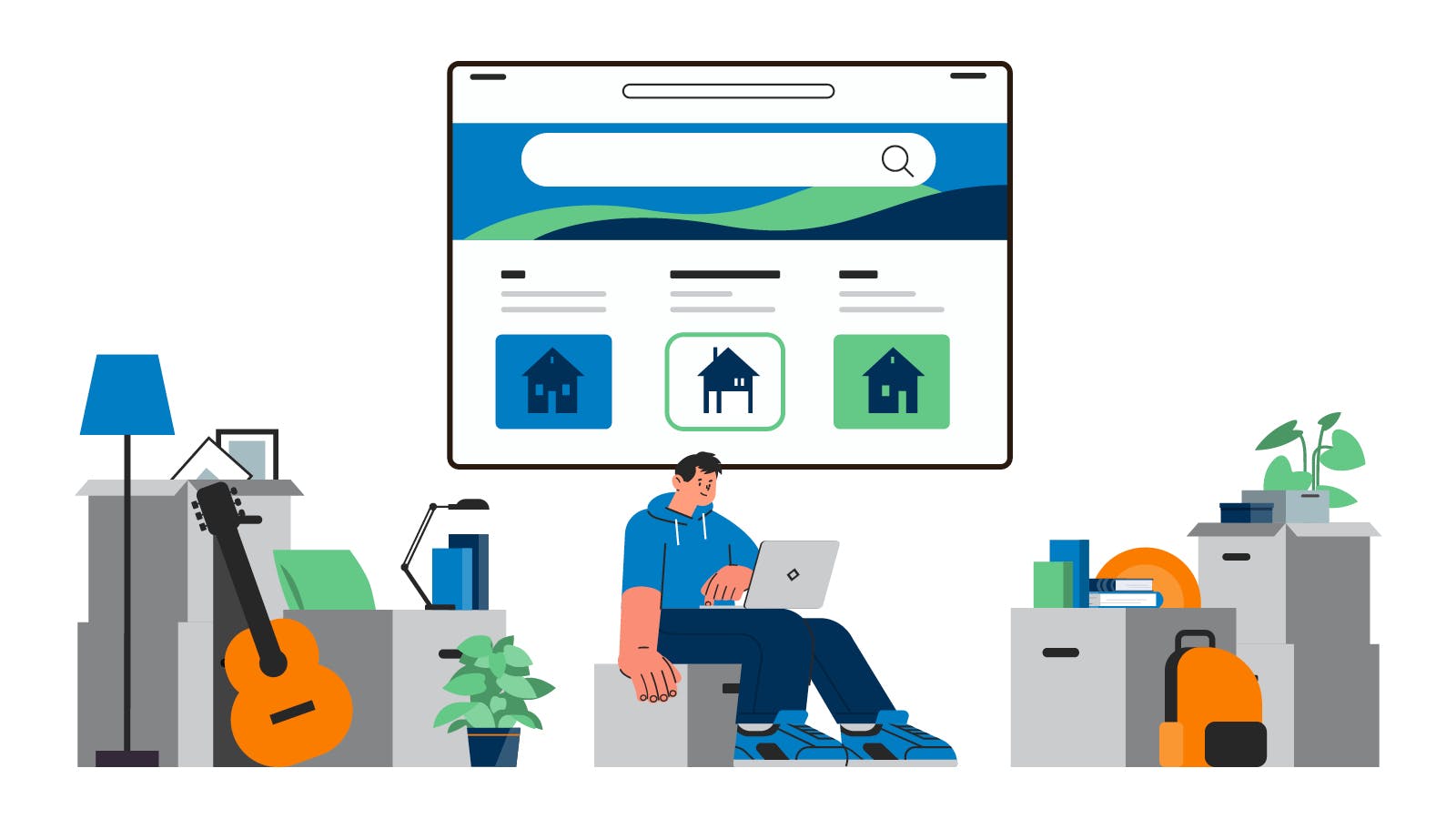A home is the largest purchase most Americans will ever make. That’s why, when you’re buying a property, any potential savings can make a substantial impact.
Enter: loan assistance programs and home loan grants.
From federal providers to your local credit union, dozens of options might be able to help make housing more affordable.
Sound too good to be true? Let’s explore these very powerful, very real homebuyer potential benefits.
What are Loan Assistance Programs and Home Loan Grants?
Home loan grants and assistance programs are benefits that may be offered to qualifying borrowers that help make purchasing a home more affordable. Some might benefit specific groups of borrowers, like veterans or first responders. Others offer lower down payment amounts or help with closing or other costs.
As you can imagine, these benefits can be extremely valuable. That’s why they’re not typically available for just anyone.
Who Might Be Able To Take Advantage of Loan Assistance Programs and Home Loan Grants?
The answer to this question will depend entirely on the home loan grant or assistance program you’re interested in.
In many cases, these benefits are primarily reserved for first-time buyers or may have income limitations. That’s why you might hear them referred to as “first-time buyer benefits“. Despite what it sounds like, though, this doesn’t necessarily mean that you must be buying your very first home ever to apply for them. You may be able to be classified as a “first-time buyer” so long as you haven’t owned a home within the last three years.
Just remember that, to take advantage of first-time buyer benefits, you must be purchasing a primary residence and cannot be purchasing an investment home. You may have to also meet certain income or property requirements.
Other programs, like employer-sponsored programs, for example, may be flexible. In these cases, the employer sets all terms and conditions. So, there is a smaller chance that options like these may not be limited to just first-time buyers.
Still, others are aimed at veterans, borrowers at a certain income threshold or those purchasing in qualifying areas.
Speaking with a knowledgeable home finance professional will be the best way to confirm you qualify for your program of choice.
Loan Assistance Programs and Home Loan Grants
So, now that you know the basics, it’s time to explore potential options.
Some of the most common benefits include:
Loans
- Forgivable loans. These loans can be partially or totally forgiven. This may require meeting certain payment requirements for a set number of years.
- Conventional 97. Offered by Fannie Mae and Freddie Mac, this home loan option allows borrowers to buy a home with as little as 3% down.
There are four types of Conventional 97 loans to choose from:
- Fannie Mae’s Home Ready loan. This program benefits lower-income homebuyers without a large down payment.
- Fannie Mae’s 97% LTC Standard loan. For this loan type, there are no income restrictions.
- Freddie Mac’s Home Possible loan. This option is aimed at low-to-moderate-income borrowers or those buying in an “underserved” area.
- Freddie Mac’s Home One loan. This loan type comes with no income cap.
- Government-backed loans. The U.S. government backs, or insures, loans for the benefit of eligible borrowers. These include: FHA loans. Eligible borrowers may be able to obtain a mortgage loan with a smaller down payment and lower credit score than conventional loans require. VA loans. Eligible military members or their qualifying surviving spouse could purchase a home with 0% down, waive mortgage insurance and more but may have to pay a funding fee and meet certain service and program requirements. USDA loans. Planning to purchase in a rural or suburban area? USDA loans, which tend to be more affordable than FHA loans and may be able to be obtained with 0% down, might be a good option.
Grants
- National Homebuyers Fund, Inc (NHF). This nonprofit has helped nearly 50,000 households achieve homeownership. Benefits include down payment and closing cost assistance, and the program is notably not limited to first-time buyers.
- Grants from your local bank or credit union. Some banking institutions offer grant money to their clients. For example, the Chase Homebuyer Grant can provide eligible borrowers with up to $5,000.
- State and local grants. Your local nonprofit or government agency might also offer grant money for eligible homebuyers.
Programs
- Good Neighbor Next Door program. This program, provided by the U.S. Department of Housing and Urban Development (HUD), helps law enforcement officers, teachers, firefighters and emergency medicine practitioners achieve homeownership. Eligible borrowers could see a discount of 50% from the home’s list price.
- Habitat For Humanity. Do you qualify for a Habitat Home? The national nonprofit’s homeownership program includes education and partnership in “sweat equity”.
- Neighborhood Assistance Corporation of America (NACA). NACA’s purchase program helps eligible borrowers achieve homeownership with no down payment, no closing costs, no hidden fees and no mortgage insurance.
- Other nonprofit programs. Consider reaching out to statewide and local nonprofits as well! They may have their own set of first-time buyer benefits that you could tap into.
- Individual Development Accounts (IDAs). This option, sponsored by the U.S. Department of Health and Human Services, is primarily aimed at refugees. The program will match every $1 saved by eligible borrowers to be put toward an eligible purchase, such as a home.
- Employer-sponsored first-time home buyer programs. As previously mentioned, some employers choose to offer employer-sponsored programs as benefits for their workforce. You’ll need to contact your HR department to determine if this exists at your company, whether you qualify and what the application process looks like.
- Statewide and local first-time homebuyer programs. Consider reaching out to nonprofits, government agencies, financial institutions, and other providers in your area. They may have their own selection of first-time buyer benefits that you could tap into.
Finding and Applying for Home Loans, Grants and Assistance Programs
So, does that long list of money-saving options excite you? Us too.
Remember that you might not be limited to just one grant or program, either. You might want to consider whether you are eligible to stack multiple benefits on top of each other for higher savings, if you qualify. A mortgage professional can review your personal financial situation, answer any questions you might have and connect you with potential programs.
Making the Most of Loan Assistance Programs and Home Loan Grants
Purchasing a home doesn’t have to be quite so expensive. Remember: You may have options. In fact, there are dozens of resources you can tap into to simplify the process and reduce some financial strain!
Published on April 3, 2023


